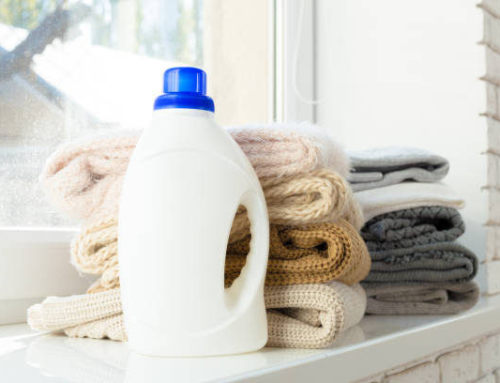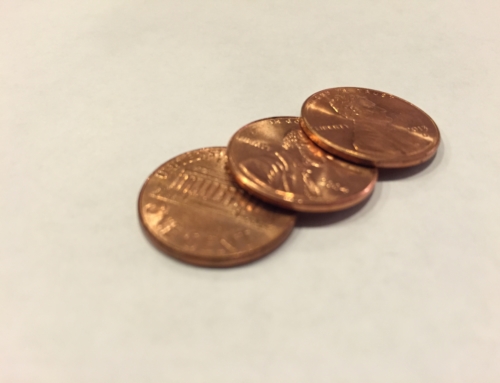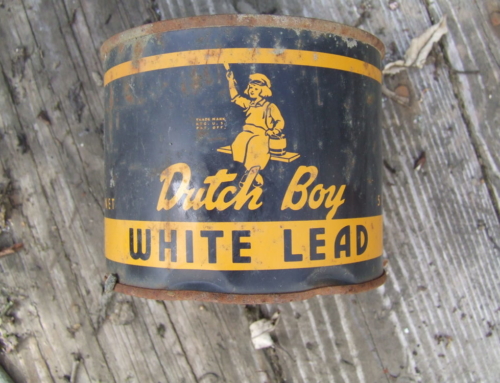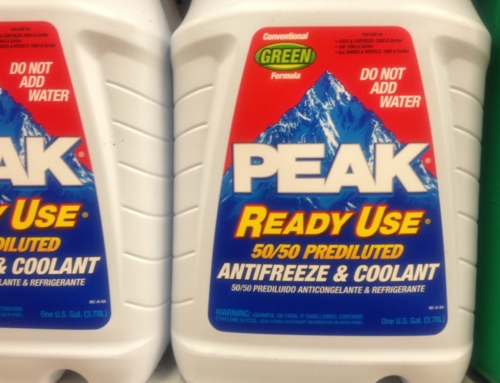If you have any reason to suspect your pet has ingested something toxic, please contact your veterinarian or one of the other resources listed:
• ASPCA Animal Poison Control Center 24-hour hotline at (888) 426-4435
• Pet Poison Helpline® 24-hour animal poison control service at (855) 764-7661
Mothballs
Mothballs, which contain either naphthalene or paradichlorobenzene, are toxic to all species. Toxicity may occur whether the mothballs are ingested, if the chemicals are absorbed through the skin, or if the chemical vapors are inhaled. Of note, paradichlorobenzene is considered less toxic than naphthalene (found in older mothball formulations).
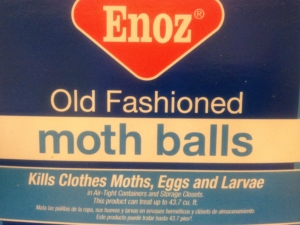
Signs and symptoms of toxicity: Clinical signs of toxicity include severe vomiting, diarrhea, refusal to eat, lethargy, loss of balance, tremors or seizures. Hemolytic anemia, liver damage, renal damage, or death can occur.
Toxic consumption:
In dogs, ingestion of 1.5 g/kg (0.6 g/lb) of naphthalene mothballs can cause hemolytic anemia. For reference, mothballs typically weigh 2.7-4g each. There is no established threshold for toxicity for cats. There is also no known toxic threshold for paradichlorobenzene ingestion. All incidents of exposure should be reported immediately.
| X-Small Yorkie, Chihuahua |
Small Pug, Boston Terrier, Poodle |
Medium Beagle, Scottish Terrier |
Large Boxer, Cocker Spaniel |
X-Large Retriever, German Shepherd |
XX-Large Great Dane, St. Bernard |
| 1 – 10 lbs. (0.45 – 4.6 kg) |
11 – 25 lbs. (5 – 11.4 kg) |
26 – 40 lbs. (11.8 – 18.2 kg) |
41 – 70 lbs. (18.6 – 31.8 kg) |
71 – 90 lbs. (32.3 – 40.9 kg) |
91 – 110 lbs. (41.4 – 50 kg) |
 |
 |
 |
 |
 |
 |
| > 0.6 g (~ 0.25 mothballs) |
> 7.5 g (~ 2.5 mothballs) |
> 17 g (~ 6.5 mothballs) |
> 27 g (~ 10 mothballs) |
> 48 g (~ 17 mothballs) |
> 62 g (~ 23 mothballs) |
References:
Osweiler, G, et al. (2011). Blackwell’s five-minute veterinary consult clinical companion. Small Animal Toxicology. [Kindle version]. Retrieved from Amazon.com
Pet Poison Control is provided free as a public service by the American College of Veterinary Pharmacists. Today we’re asking you to support us with a small donation. If you would like to dedicate your gift in honor or memory of a pet or individual, you will have that option before checkout. Your gift of any amount helps us maintain this resource and make it available to the pharmacy and veterinary communities. Thank you!


